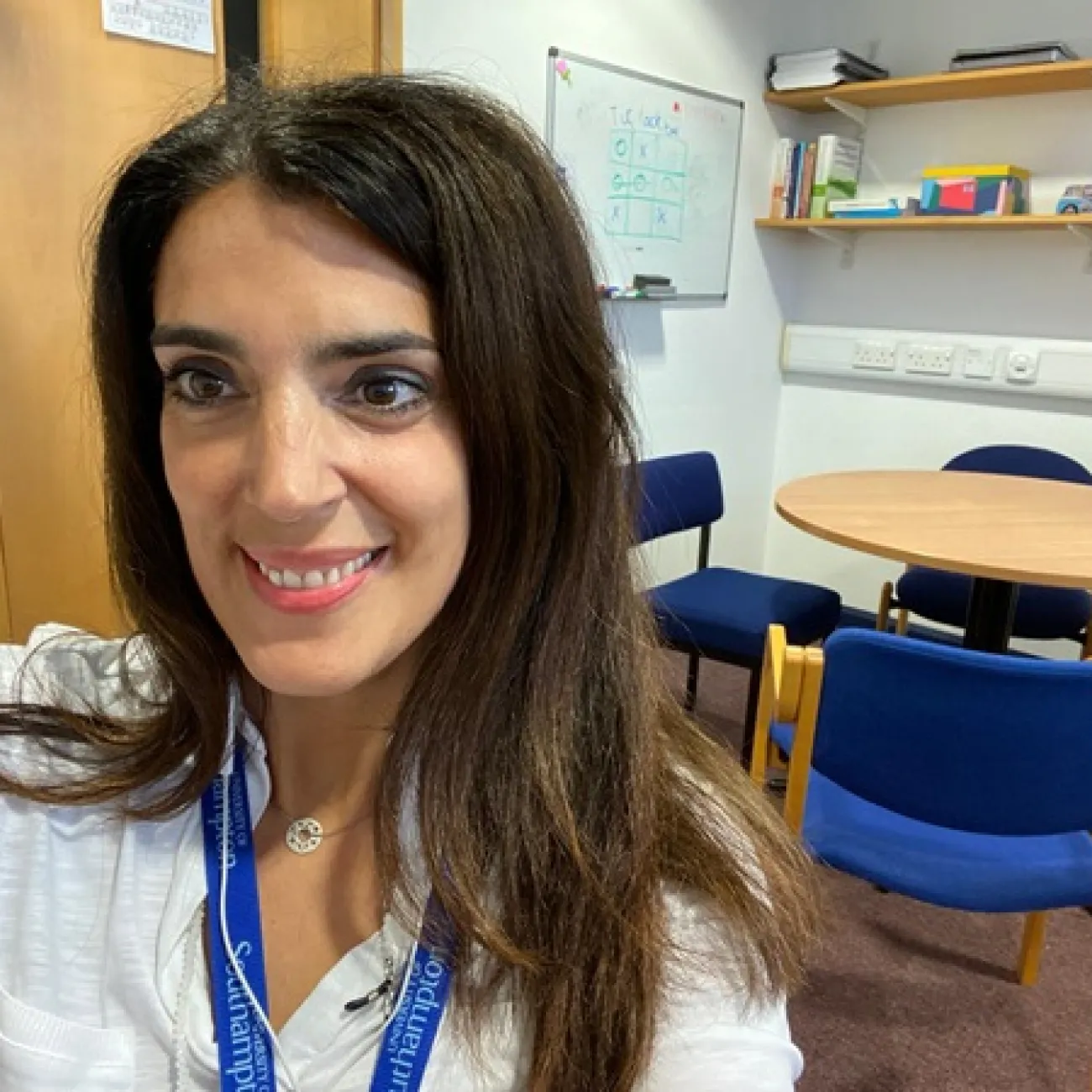Research
Research groups
Member of:
Research projects
Active projects
Researchers:
Completed projects
Researchers:
Sponsor: Alzheimers Society
Researchers:
